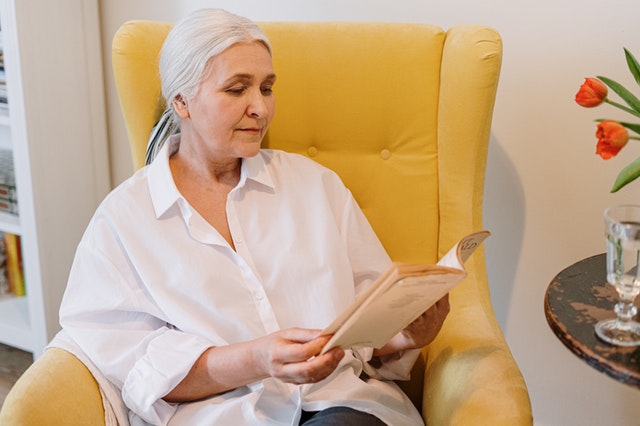It’s not difficult to spot when a loved one’s memory is starting to decline – especially if they have always been sharp and on the ball. Sometimes, the changes can be gradual rather than sudden, which may make it difficult to diagnose the condition in the early stages. Conditions such as Alzheimer’s and dementia can affect an individual’s thinking patterns and behavior as well as the ability to carry out everyday tasks, which is where you may need to step in and assist.
If you’re unsure about what to do if you suspect your loved one has either Alzheimer’s or dementia, this guide provides some sense of direction on the steps to take.
Persuade them to go to the doctor
If you believe your relative’s memory is worsening over a period of time, it would be best to advise them to book an appointment with their doctor. They will be given a thorough investigation to determine what may be causing memory loss. In some cases, it may not be Alzheimer’s or dementia at all, but less serious conditions such as vitamin B12 deficiency, medication side effects or thyroid problems.If your elderly relative despises going to the doctor, it would be wise to inform them that it is time for a routine check-up instead, so they don’t panic or believe you are interfering. If you’re worried about the symptoms you have noticed, you could also book an appointment with the doctor yourself and get advice on what you should do next.

Hire home-care help
Memory loss can greatly impact your elderly relative’s ability to go about their day-to-day life, to the point where they forget to eat, take their medication or are putting their health at risk by leaving the gas stove or electrical appliances on. In this instance, it would be advisable to reach out and seek external help to keep an eye on your relative when you’re not around. After all, it’s impossible to be available on a 24/7 basis around your other commitments, and trying to juggle too many tasks can lead to burnout.
Home carers from companies such as smithlifehomecare.com are trained to deal with patients with a wide range of health conditions, to ensure they have the correct personal care and support and can stay safe in their own home.Look after yourself
Being constantly stressed and worried about your elderly relative is bound to take its toll on you over time. To be the best support you can, you need to ensure that your own health and wellbeing is in check. If you’re experiencing shortness of breath, a racing heart and nausea from the intensity of the situation and overwhelming worry, it may be time you sought emotional support yourself. However, there are also many things you can do at home to relieve stress, including:
- Meditation
- A hot bath
- Exercise
- Making time for a hobby
Taking care of someone with Alzheimer’s or dementia is never easy, but we hope this guide has given you some sense of direction of how to manage the situation in the early stages.
